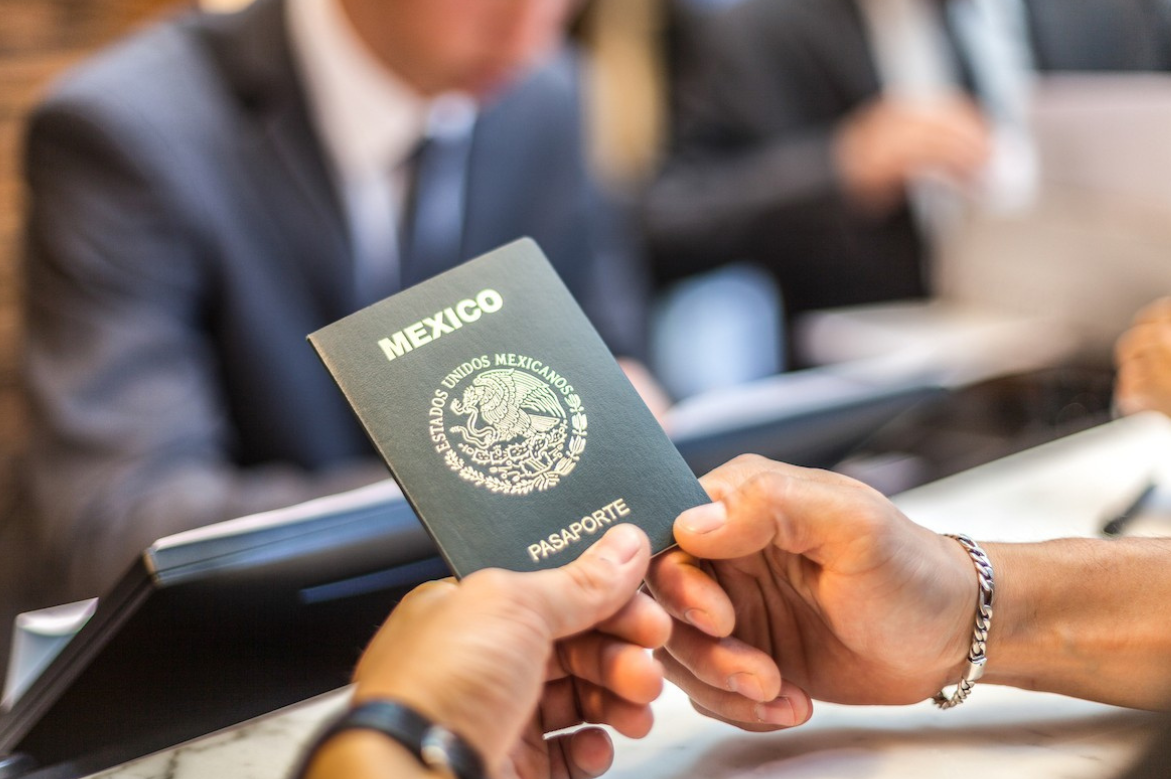Mexico City, Mexico – August 1st, 2024 – Spanish, the second most spoken native language globally, with 750 million speakers, with Mexico leading at 126 million, highlighting the market’s global travel influence. In May 2024, 5.36 million Mexicans travelled abroad, a 30% increase from May 2023. Mexican travellers’ expenditures rose to $895.6 million in May 2024, with digital payments offering significant growth potential for the tourism sector.
Juan Rossello, Country Manager of Civitatis Mexico and Business Development US: “The growing number of Mexican travellers and their spending power present a significant opportunity for the global tourism industry. Encouraging the adoption of digital payment methods will enhance the travel experience for Mexican tourists and unlock substantial growth potential for local economies.”
Understanding the preferences and behaviors of Mexican travellers has become crucial for maximising tourism revenue. Civitatis, the leading platform in online distribution of guided tours, activities, and excursions in Spanish language across 160 countries worldwide, emphasizes the significant economic impact of Spanish-speaking tourists on local economies and the immense potential for growth when Mexican travellers adopt digital payment methods.
Spanish, the second most spoken native language globally, boasts 750 million speakers worldwide, making it the second most widely spoken native language globally, behind Mandarin and ahead of English. Mexico leads the pack with 126 million native Spanish speakers.
In 2023 alone, Mexico saw a staggering 46 million departures, underscoring the immense influence of the Spanish-speaking market, particularly the Mexican segment, in global travel. Recent data from the National Institute of Statistics and Geography (INEGI) – an autonomous agency of the Mexican Government dedicated to coordinating the National System of Statistical and Geographical Information of the country reveals a substantial increase in international travel by Mexican residents. In May 2024, 5,360,549 Mexican residents travelled abroad, marking a 30% increase from May 2023.
On their side, Civitatis internal statistics reports a significant growth in the number of Mexicans travelling abroad, with an 85% increase in travellers from January to May 2024 compared to the same period in 2023. This growth outpaces the national average and indicates a strong preference for European long-haul destinations such as Italy, Spain, France, and the United Kingdom over destinations like the United States or Colombia.
According to INEGI, Mexican travellers travelling abroad spent a total of $895.6 million, reflecting a 21.5% increase from the previous year. The average expenditure per trip also saw an increase, with Mexican travellers spending an average of $167.08 per trip. According to Civitatis, the average expenditure per activity and person has risen over 10% in 2024. This increase underscores the growing economic impact of Mexican tourists on local economies in their preferred destinations.
Juan Rossello, Country Manager of Civitatis Mexico and Business Development USA and Central America, said: “The growing number of Mexican travellers and their spending power present a significant opportunity for the global tourism industry. By understanding their payment preferences and travel behaviours, businesses can better cater to this valuable market segment. Encouraging the adoption of digital payment methods will not only enhance the travel experience for Mexican tourists but also unlock substantial growth potential for local economies in their chosen destinations.”
An analysis by Fiserv, a global fintech and payments company with solutions for banking, global commerce, merchant acquisition, billing and payments, and point-of-sale, highlights the importance of understanding payment preferences among Mexican tourists. 100% of Mexicans still prefer cash as their preferred payment method, with 47% using it for daily or low-value expenses, but they also widely use debit and credit cards (85% and 66%, respectively). Digital payment methods, although currently less commonly used with only 34% preference, represent a significant growth opportunity due to their convenience and security.
Rossello comments on this matter: “The digital payments field in Mexico is growing annually, and we could further enhance this development with specialized, secure technology that ensures safe and fast transactions, thereby improving the variety of payment methods.” As more Mexicans adopt digital payment methods, the potential for economic growth within the tourism sector increases significantly. Ensuring the ‘protection and processing without delays’ of payments is crucial for fostering long-term relationships with banking and financial institutions. An omnichannel acceptance model for payment methods allows businesses to evolve and cater to the diverse needs of travelers. As digital payment adoption increases, so does the potential for significant growth in tourism revenue.”


